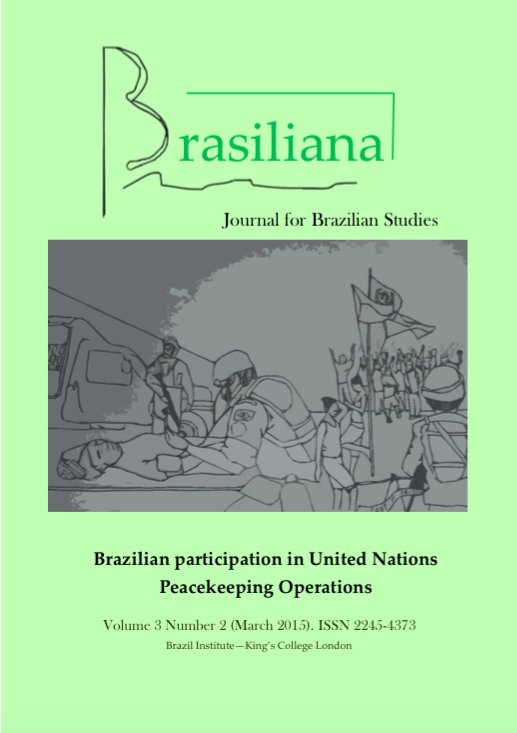Reforming Institutions from Inside: Federalism and Inequality in Brazil
Main Article Content
Abstract
Some authors argue that the federal system in Brazil leads to economic inequality. Nevertheless, there are federations with low levels of inequality, such as Canada, Australia and Germany. Using the Brazilian case as an example, we argue that this can be partly explained by the rules of intergovernmental transfers and taxation of the federation. I propose a typological theory of inter-jurisdictional transfers: inequality reducing transfers; transfers that maintain the status quo or are ambiguous; and inequality producing transfers. Gradual changes in these federal rules allowed Brazil to cease being the country of growing levels of inequality of the 60s and 70s and to become a country that drastically reduced inequality in the 2000s. I emphasize that many intergovernmental transfer reforms, especially regarding taxation, are in need to keep Brazil on the same path.
Article Details
![]()
Articles published in Brasiliana are licensed under a Creative Commons Attribution-NonCommercial-NoDerivs 3.0 Unported License.
When publishing open access, the author signs an author publishing agreement in which they retain copyright and give Brasiliana the right to publish the article. Our Open Access publications are distributed under the terms of the Creative Commons Attribution 4.0 International License, which permits unrestricted use, distribution, and reproduction in any medium, provided the original work is properly cited.

